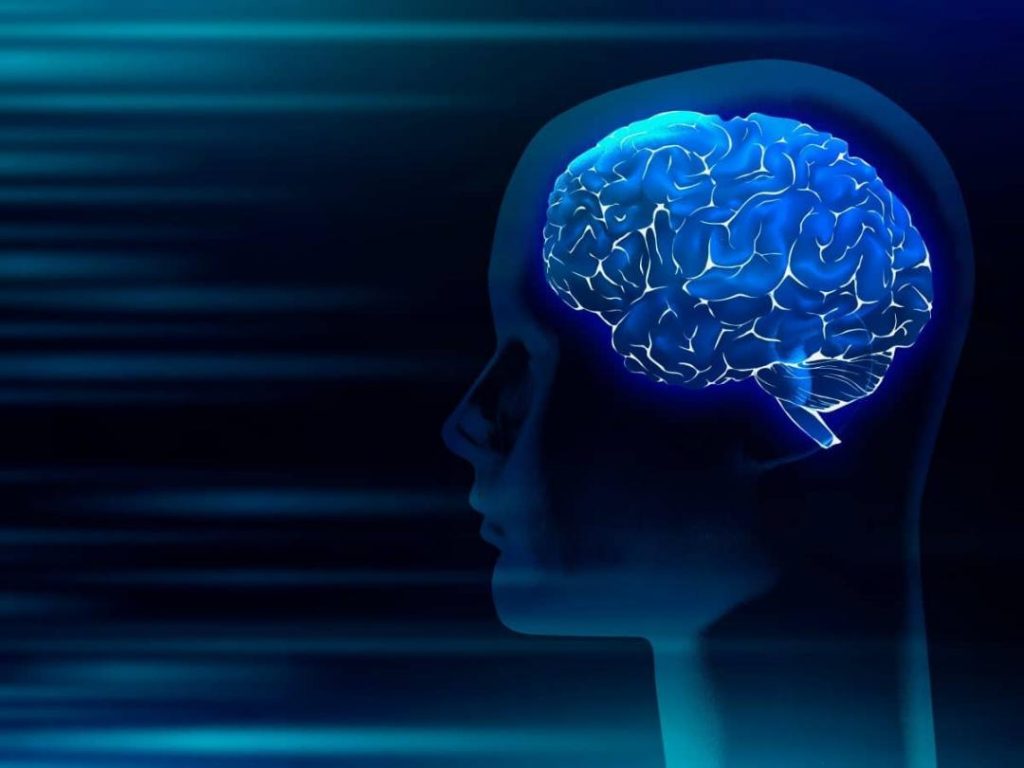
Is India Ready for the Fast Rise of Brain Disorders?
India is facing a significant public health crisis, and it’s not just related to communicable diseases. The country is witnessing a rapid rise in brain disorders, which are taking a toll on the health and well-being of its citizens. According to experts, India is not adequately prepared to tackle this growing problem, and it’s essential to take immediate action to prevent and manage brain disorders.
The Burden of Brain Disorders
Brain disorders are a growing concern in India, and the numbers are staggering. The World Health Organization (WHO) estimates that by 2030, the number of people living with neurological disorders in India will increase from 55 million to 77 million. The most common brain disorders affecting Indians are stroke, migraine, epilepsy, and Alzheimer’s disease.
Stroke is a leading cause of morbidity and mortality in India, with over 1.8 million new cases reported every year. Migraine is another common condition, affecting over 10% of the population. Epilepsy, a neurological disorder characterized by recurring seizures, affects over 10 million Indians. Alzheimer’s disease, a degenerative brain disorder, is also on the rise, with India expected to have the highest number of cases in the world by 2050.
Causes of Brain Disorders
So, what’s driving this surge in brain disorders? Experts point to several factors, including an aging population, unhealthy lifestyles, and lack of access to healthcare. As India’s population ages, the risk of developing age-related brain disorders like Alzheimer’s and stroke increases. Unhealthy lifestyles, characterized by poor diets, physical inactivity, and substance abuse, also contribute to the development of brain disorders.
The Consequences of Brain Disorders
Brain disorders have a significant impact on the lives of individuals and their families. They can lead to disability, cognitive impairment, and even death. The economic burden of brain disorders is also substantial, with estimates suggesting that they cost India over 1% of its GDP annually.
The Need for Prevention and Early Diagnosis
Prevention and early diagnosis are key to managing brain disorders. Experts stress the need for preventive care, including healthy lifestyles, regular exercise, and stress management. Early diagnosis is also crucial, as it enables timely treatment and reduces the risk of long-term damage.
Public Awareness and Education
Public awareness and education are essential components of brain disorder management. Many Indians are not aware of the signs and symptoms of brain disorders, which can lead to delayed diagnosis and treatment. Public education campaigns can help raise awareness about brain disorders and promote early detection and treatment.
A National Policy for Brain Disorder Management
A national policy is essential to tackle the growing public health crisis of brain disorders in India. Such a policy should prioritize prevention, early diagnosis, and management of brain disorders. It should also focus on increasing access to healthcare, promoting public awareness, and providing support to affected families.
Conclusion
India is facing a significant public health crisis, and it’s essential to take immediate action to prevent and manage brain disorders. The country needs a national policy to tackle this growing problem, and it’s crucial that all stakeholders, including the government, healthcare providers, and the public, work together to promote brain health.
News Source:
https://www.healthcareradius.in/clinical/treatment/brain-disorder-epilepsy






